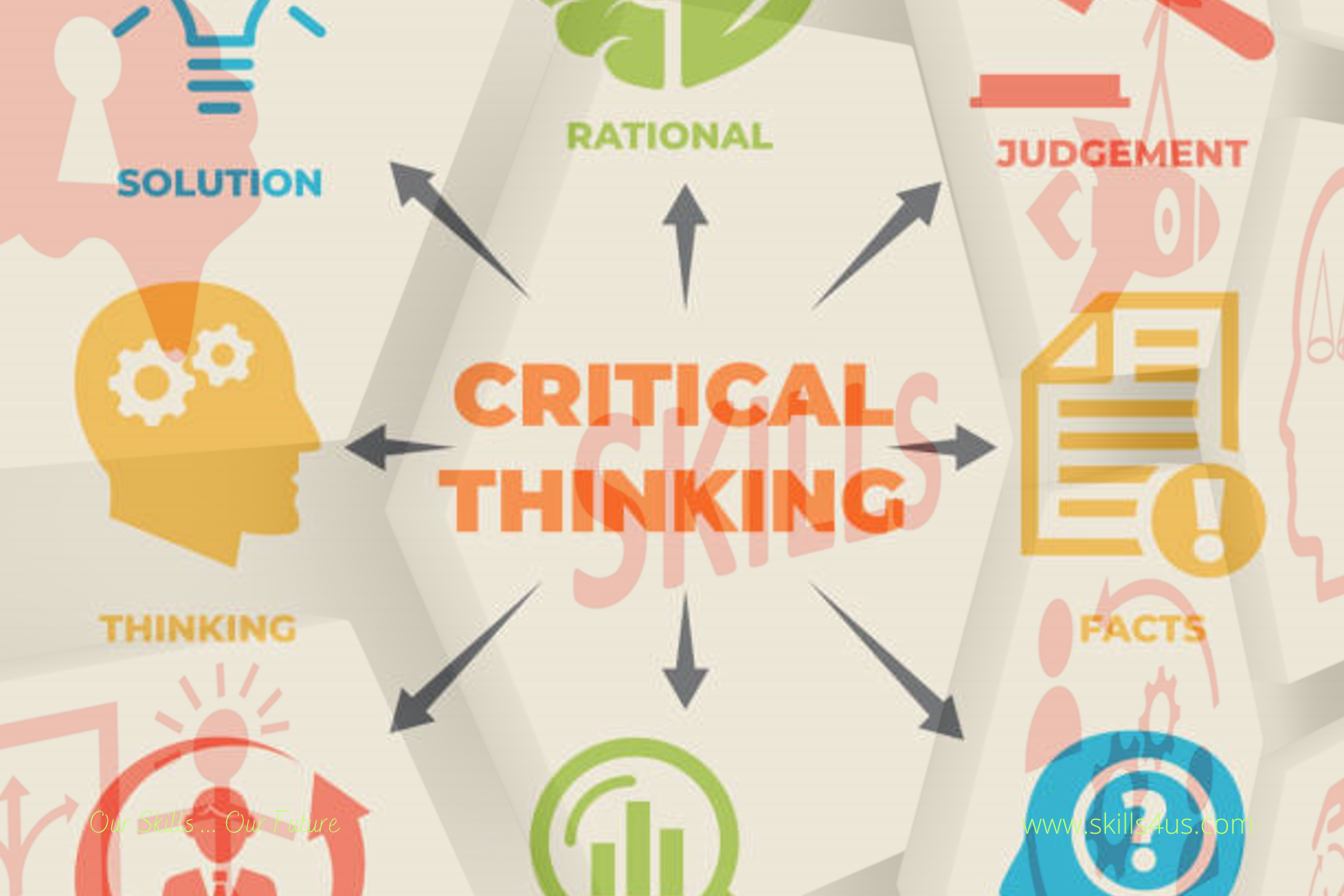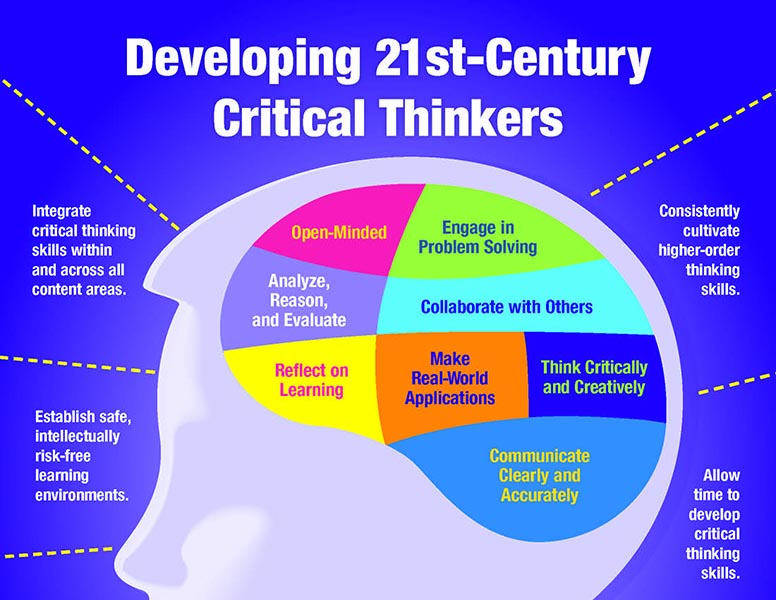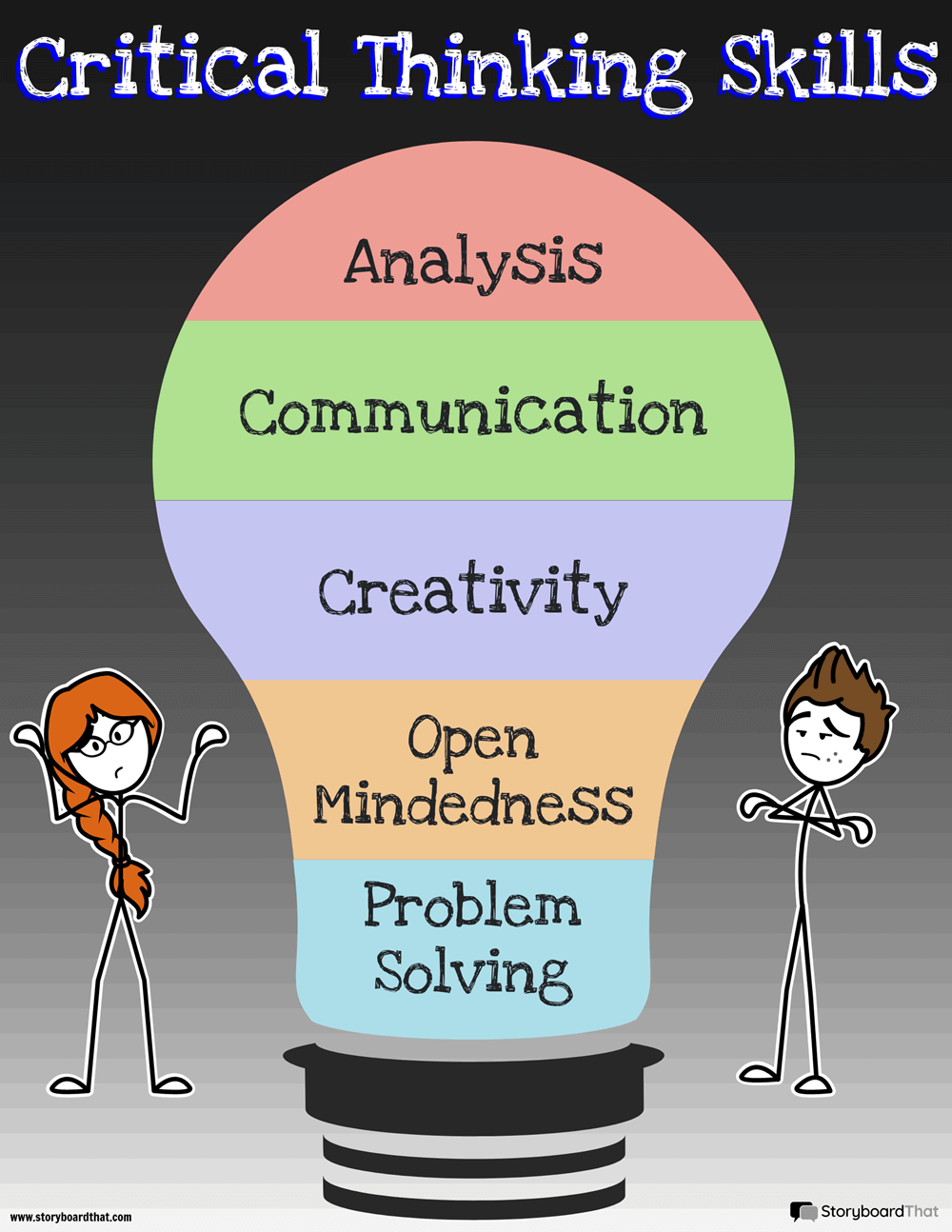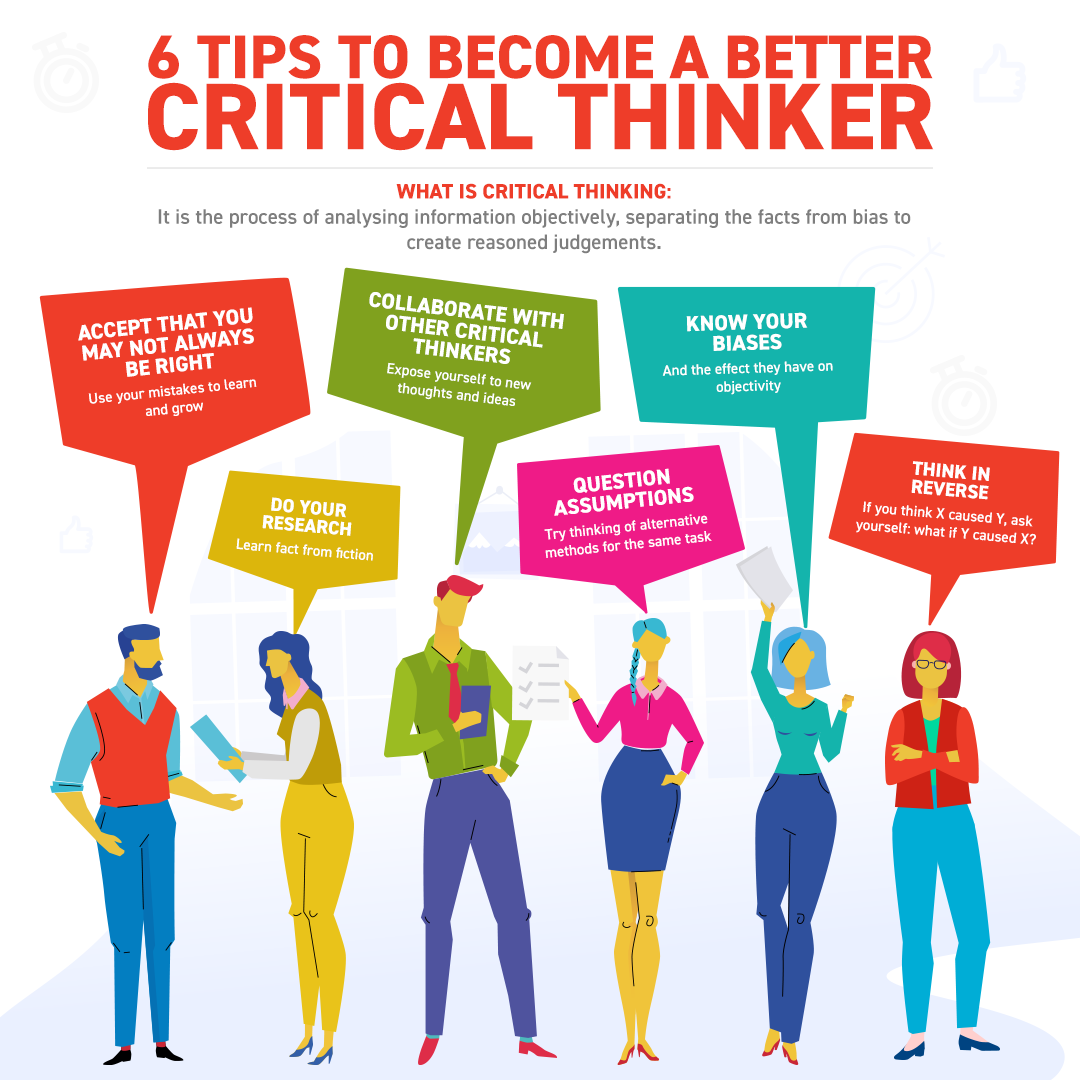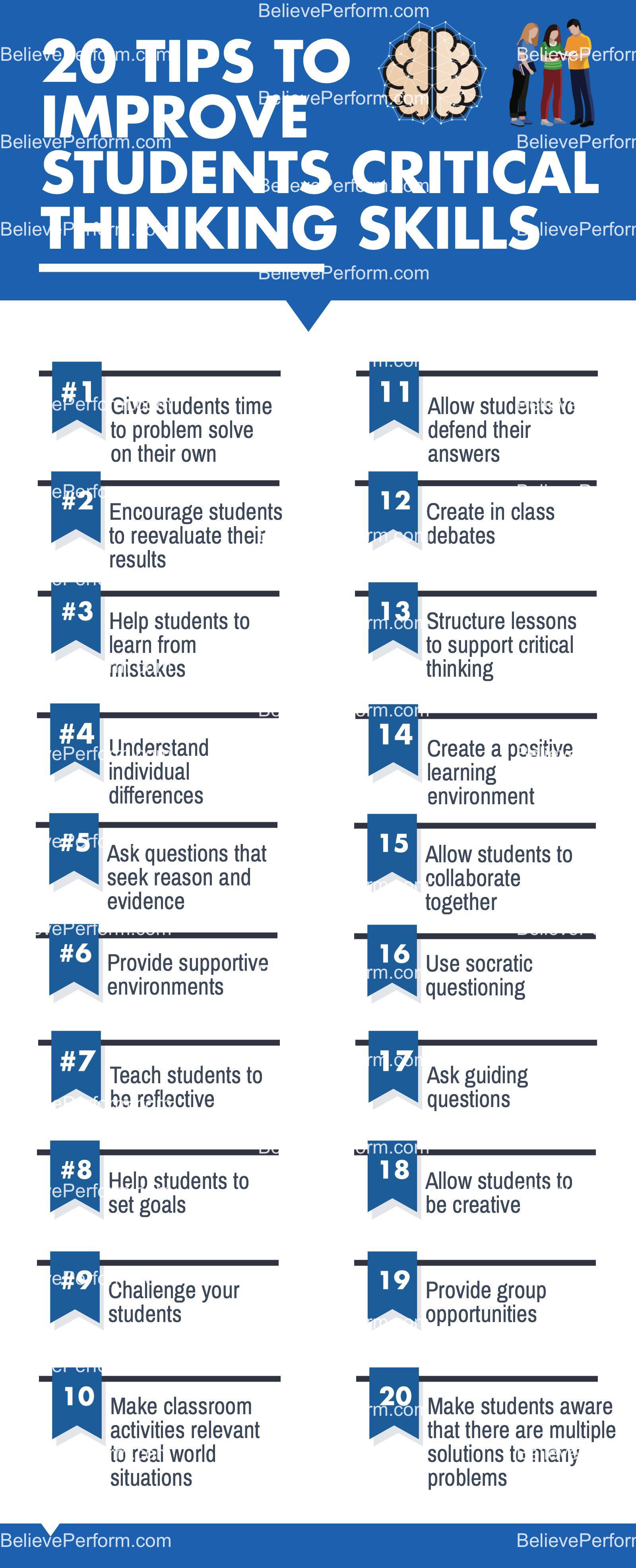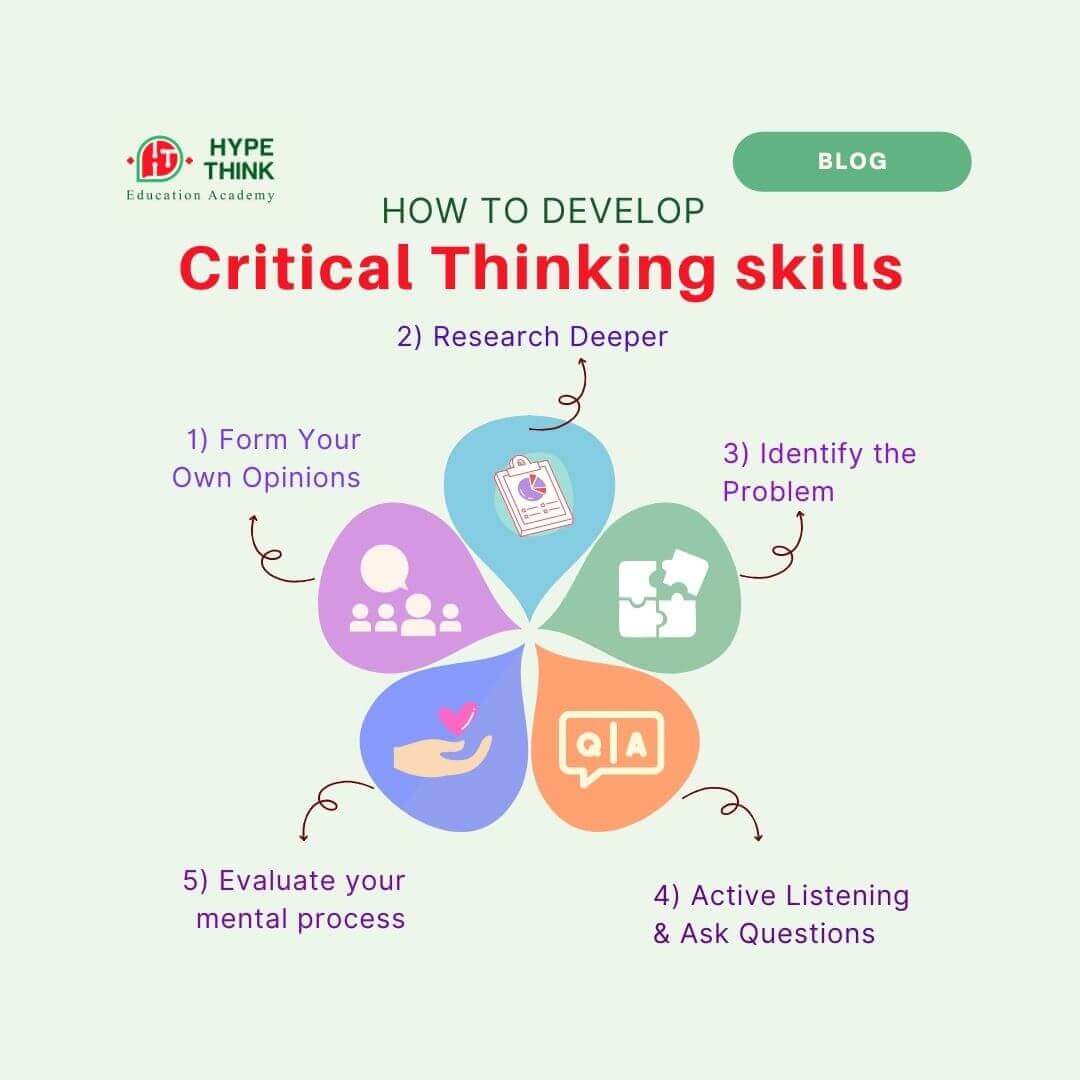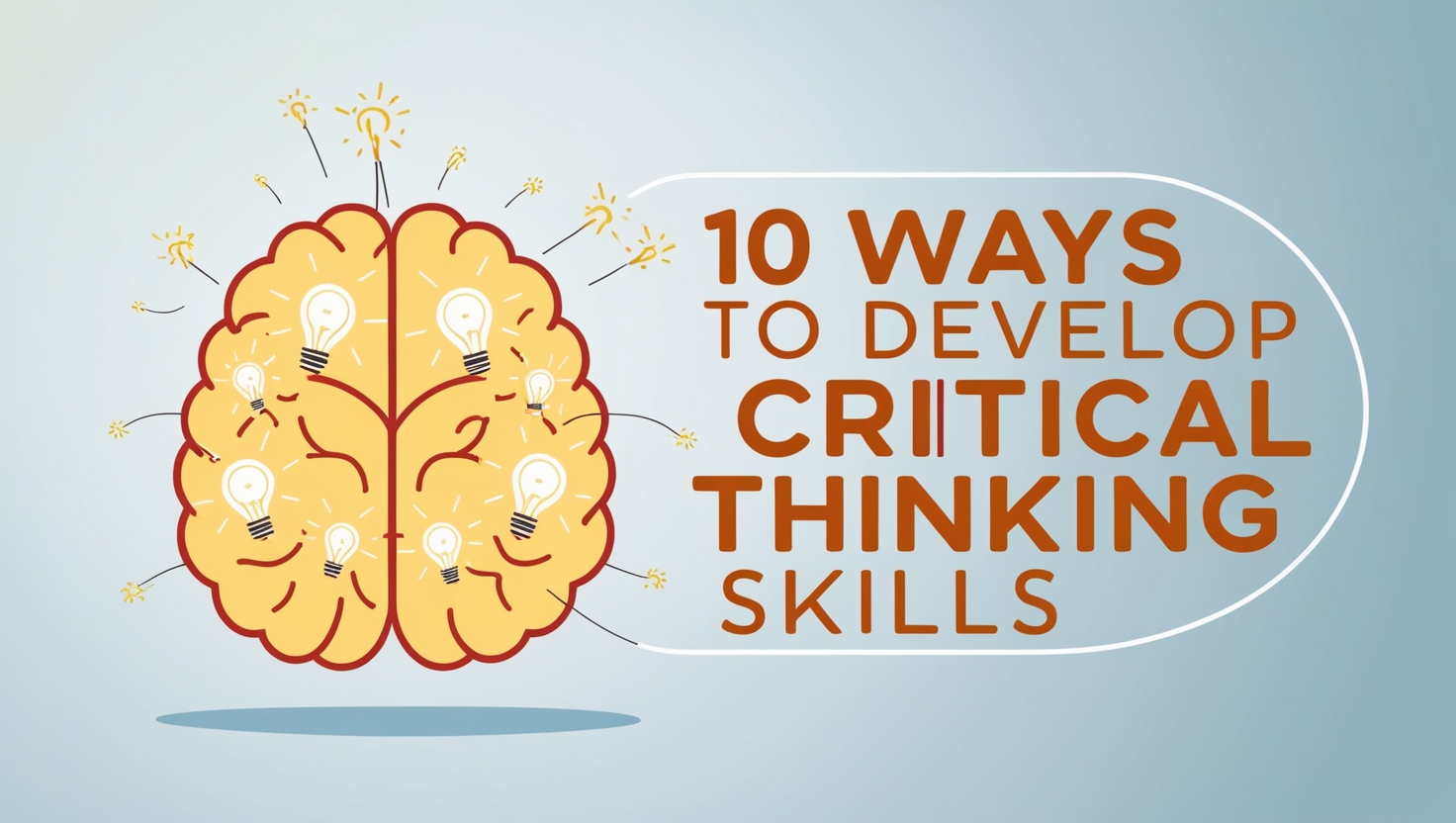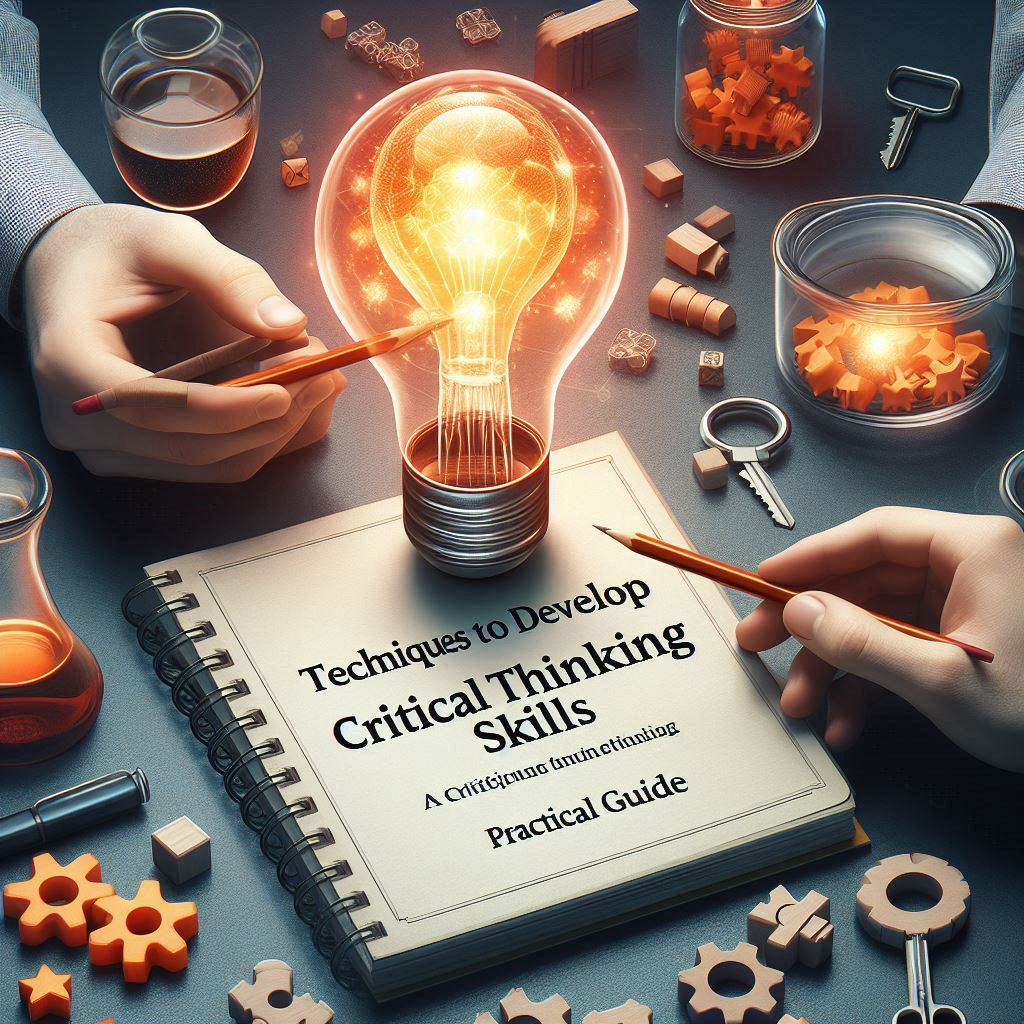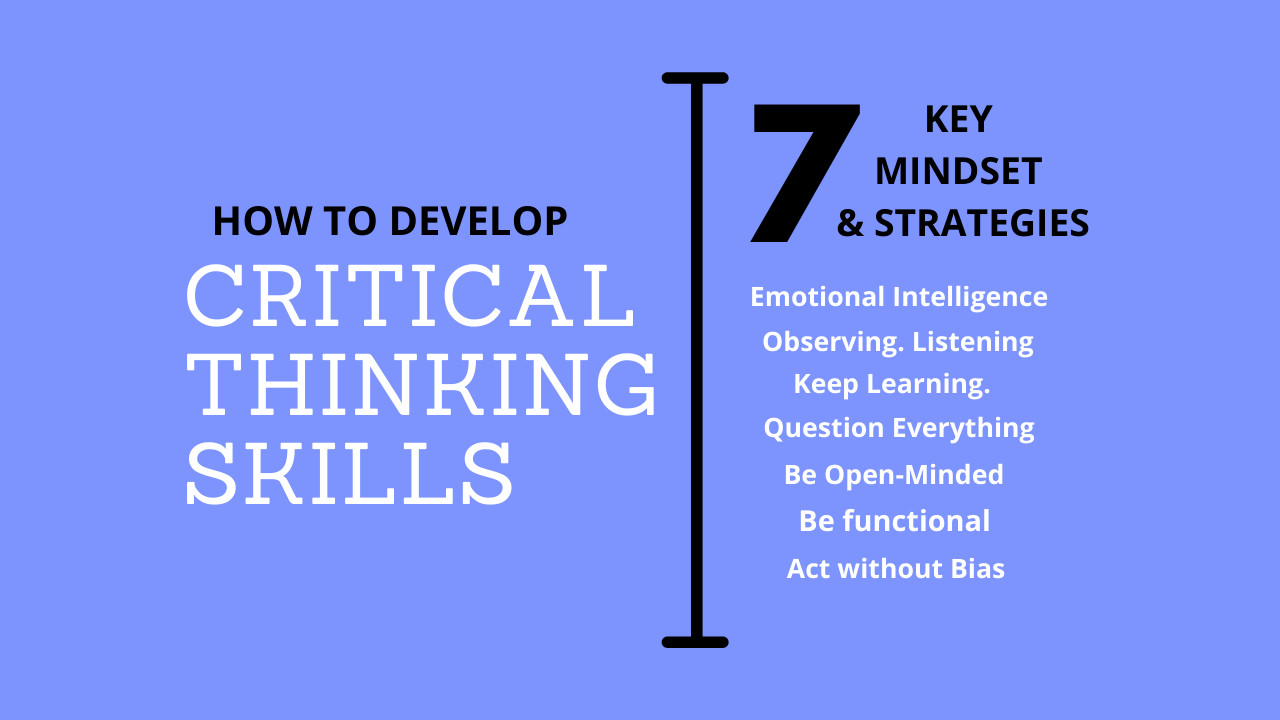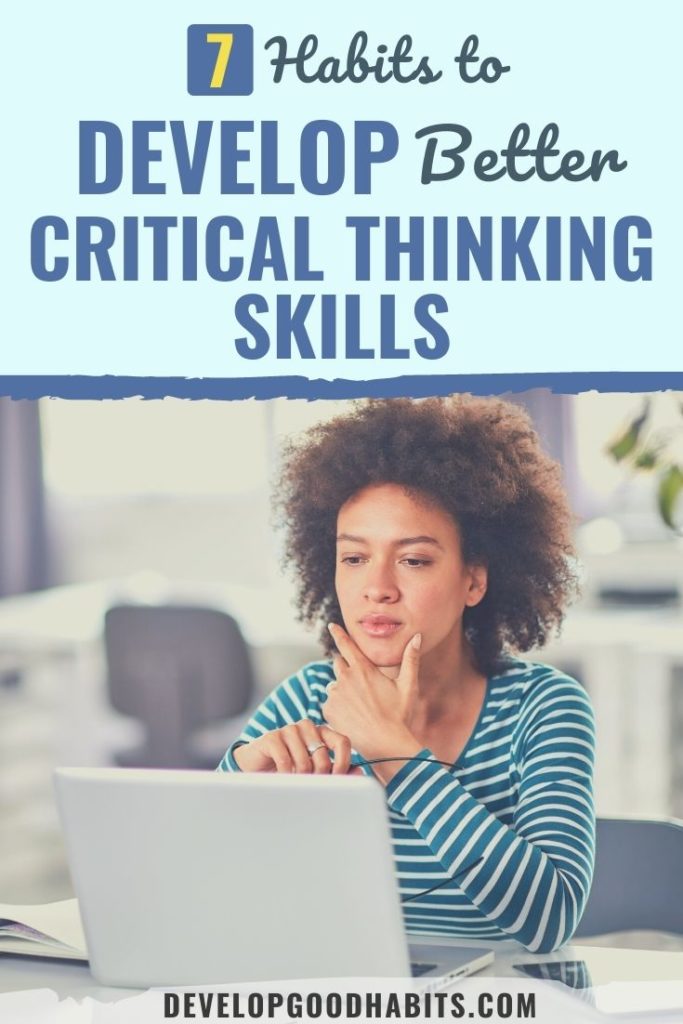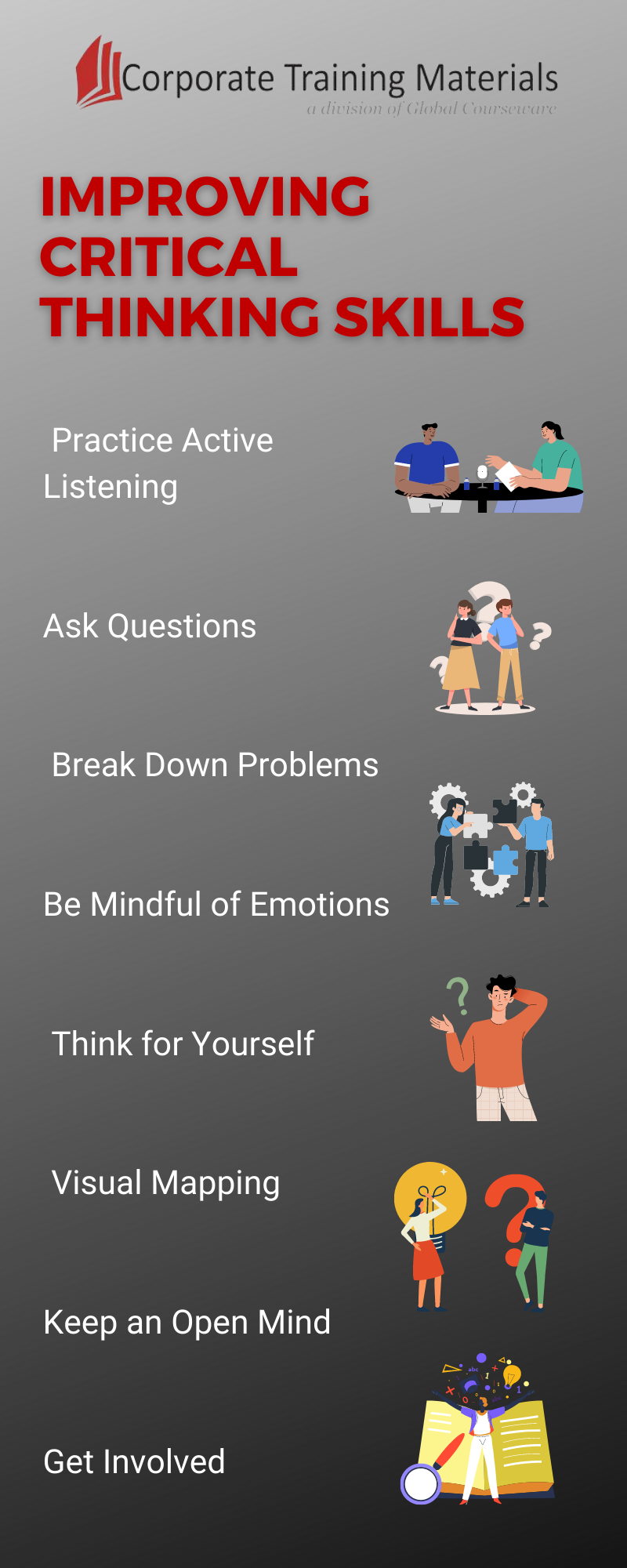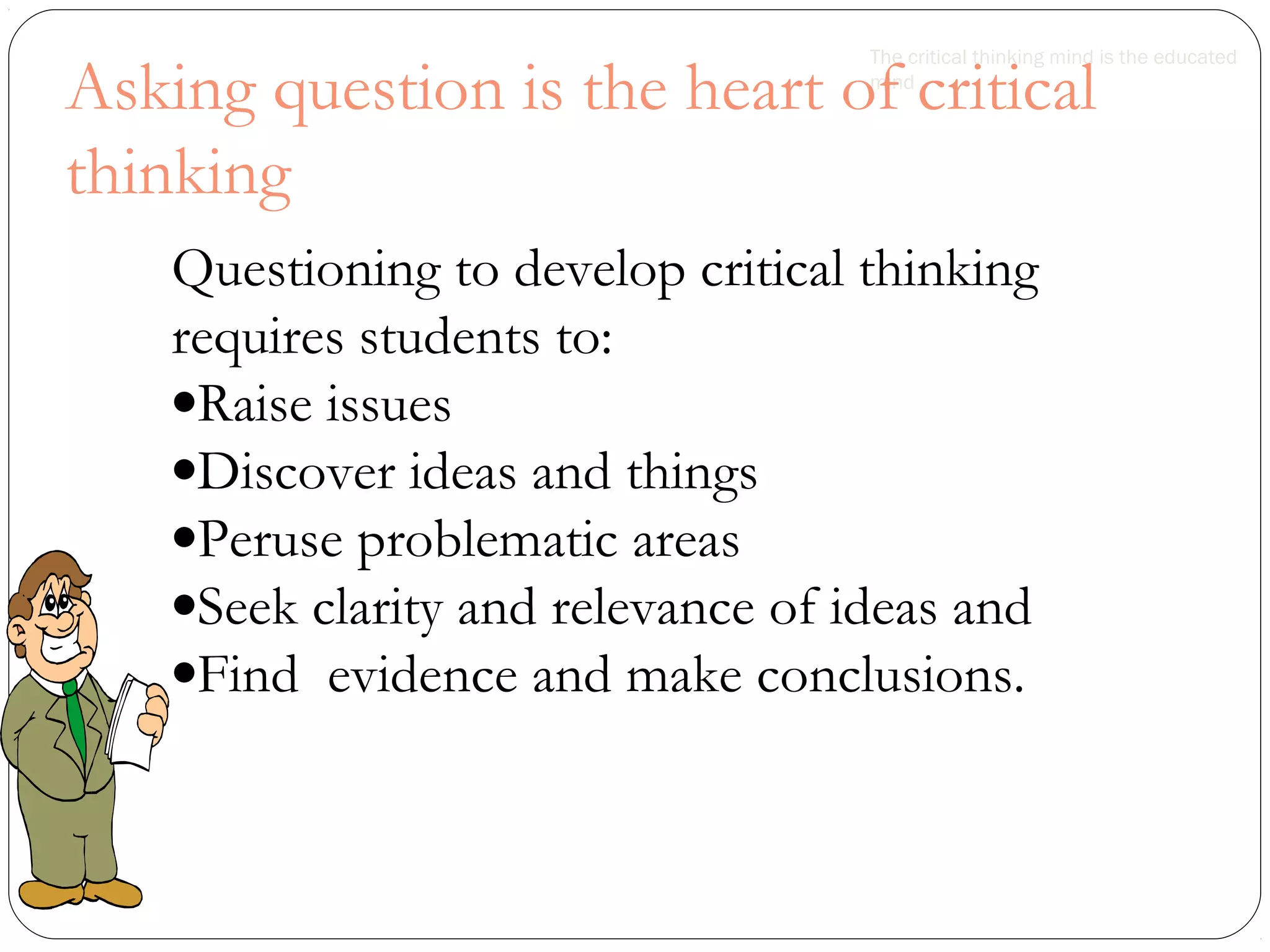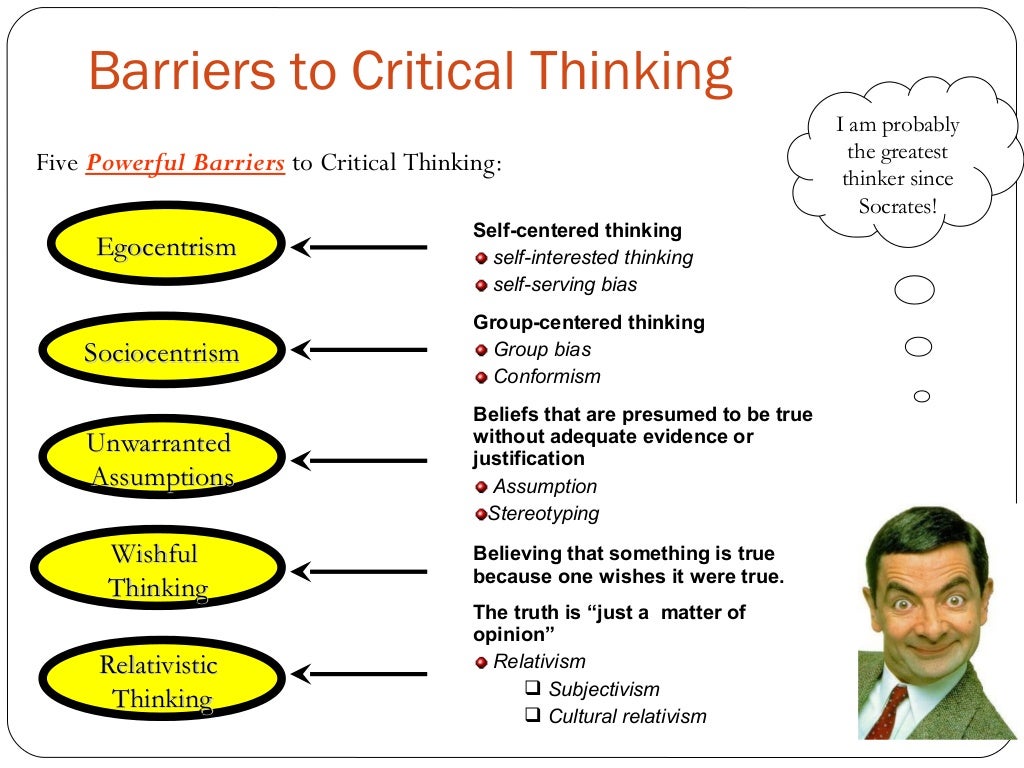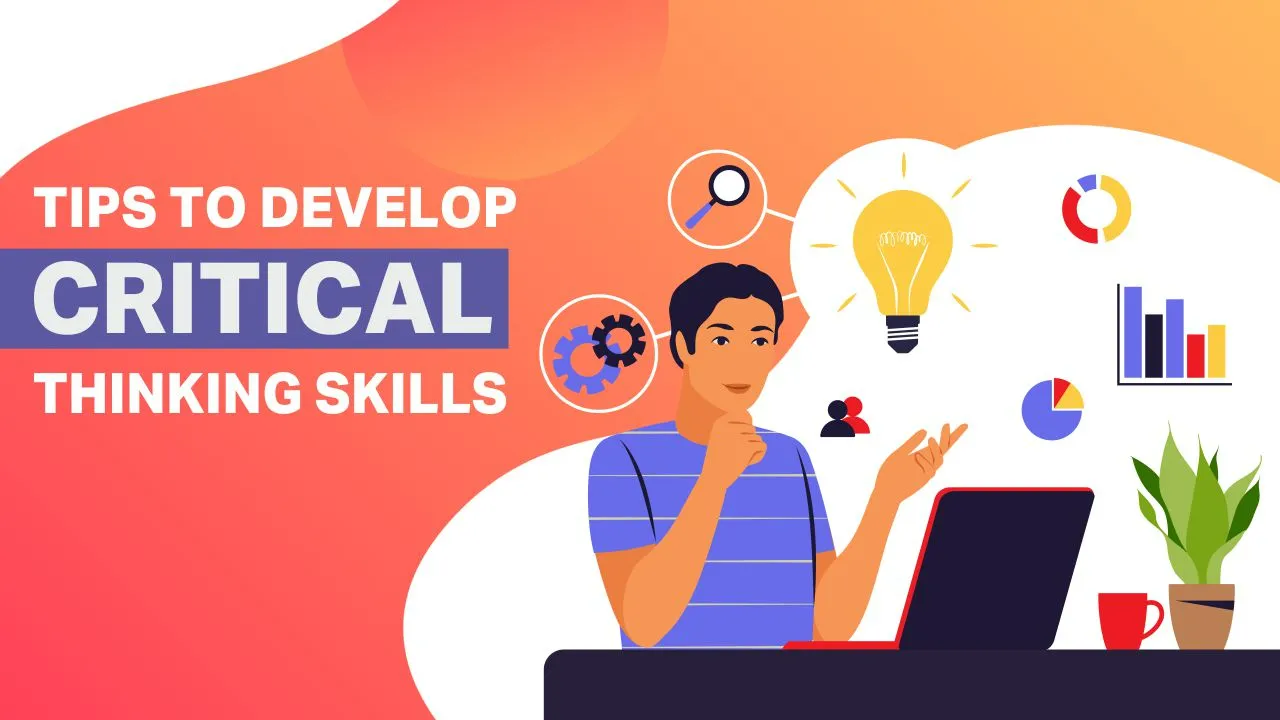How Do You Develop Critical Thinking Skills
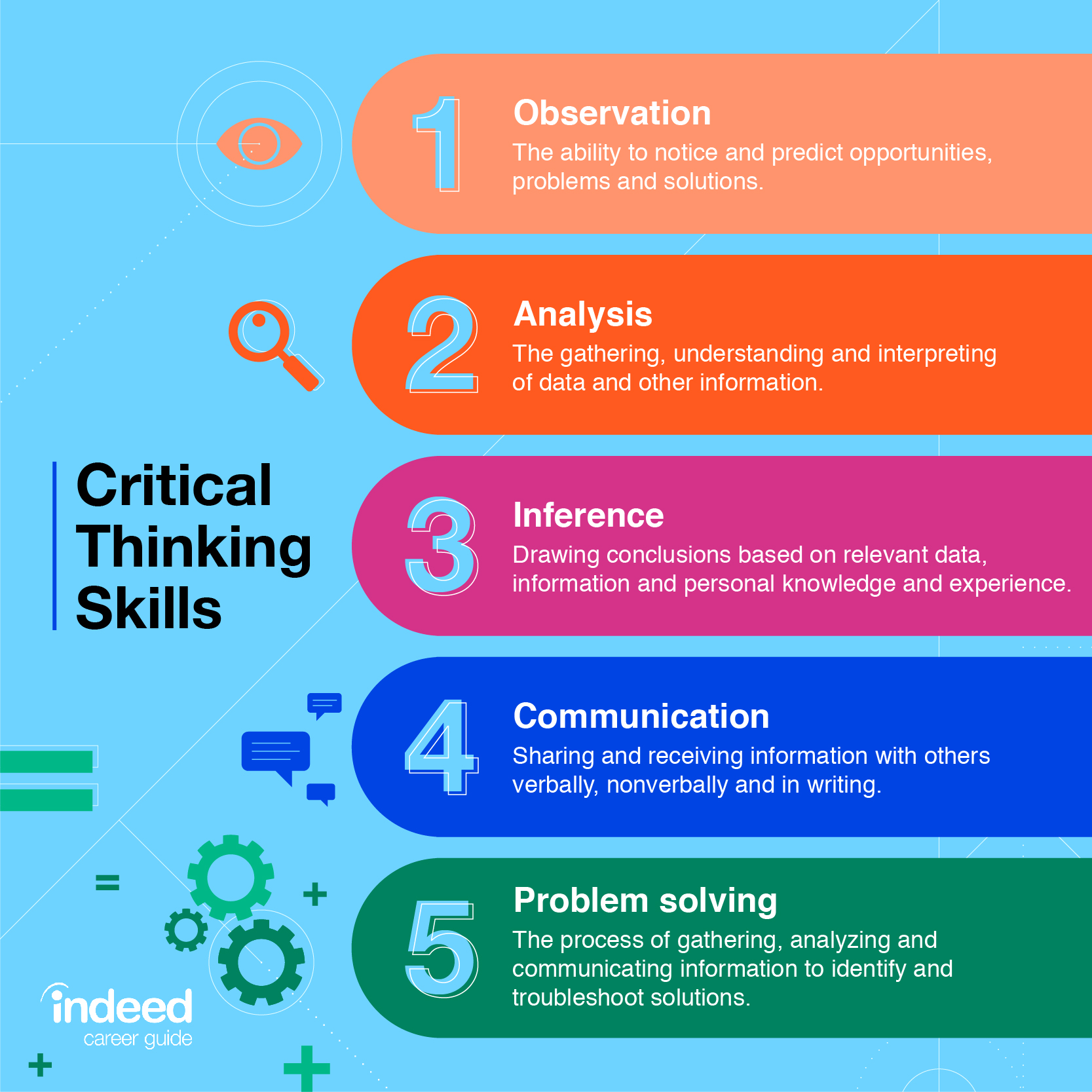
In an era defined by information overload and rapid technological advancements, the ability to think critically has become an indispensable skill. From navigating complex news narratives to making informed decisions in personal and professional life, critical thinking empowers individuals to analyze, evaluate, and synthesize information effectively.
But how does one cultivate this crucial skill? Experts across educational and professional fields suggest a multifaceted approach involving conscious effort, deliberate practice, and a willingness to challenge assumptions. This article explores the strategies and techniques that can help individuals develop and sharpen their critical thinking abilities.
Understanding the Core Components
Critical thinking is not merely about accumulating knowledge; it's about how you process it. It encompasses a range of cognitive skills including analysis, interpretation, inference, evaluation, explanation, and self-regulation. Dr. Linda Elder, an educational psychologist and President of the Foundation for Critical Thinking, emphasizes the importance of understanding these core components.
Asking the Right Questions
One of the foundational elements of critical thinking is the ability to ask insightful questions. Instead of passively accepting information, critical thinkers probe deeper by questioning assumptions, seeking evidence, and considering alternative perspectives. "The quality of your thinking is determined by the quality of your questions," notes Elder.
Cultivating this skill involves actively engaging with information by asking questions like: What is the source of this information? What evidence supports this claim? What are the potential biases present? What are alternative viewpoints on this issue?
Evaluating Evidence and Identifying Bias
Critical thinking demands a rigorous evaluation of evidence. This means scrutinizing the reliability and validity of sources, identifying potential biases, and assessing the strength of arguments. Confirmation bias, the tendency to favor information that confirms existing beliefs, is a common pitfall that critical thinkers must actively combat.
The American Psychological Association (APA) offers guidelines for evaluating the credibility of sources, emphasizing the importance of considering the author's expertise, the publication's reputation, and the presence of peer review.
Embracing Diverse Perspectives
A hallmark of critical thinking is the willingness to consider diverse perspectives. This involves actively seeking out viewpoints that differ from one's own and engaging with them thoughtfully and respectfully. By challenging our own assumptions and biases, we can broaden our understanding and arrive at more well-rounded conclusions.
Cognitive psychologist, Daniel Kahneman, author of "Thinking, Fast and Slow," highlights the importance of slowing down our thinking processes to allow for more deliberate evaluation of information, and to consider perspectives other than our own.
Practicing Reflective Thinking
Critical thinking also involves self-reflection. This means taking the time to examine one's own thought processes, biases, and assumptions. Regular reflection can help individuals identify areas where their thinking may be flawed and develop strategies for improvement. Journaling, meditation, and engaging in thoughtful discussions with others can be valuable tools for reflective thinking.
Tools and Techniques for Development
Various tools and techniques can aid in the development of critical thinking skills. These include: structured argumentation, mind mapping, and the use of decision-making frameworks. Participating in debates, engaging in problem-solving activities, and analyzing case studies can also enhance critical thinking abilities.
Many educational institutions and organizations offer workshops and courses specifically designed to cultivate critical thinking. These programs often provide structured frameworks and practical exercises to help individuals develop their analytical and evaluative skills.
"Critical thinking is not a natural way of thinking for most people, but we can teach it," says Richard Paul, a leading expert on critical thinking.
The Long-Term Impact
The development of critical thinking skills has far-reaching implications. It empowers individuals to make better decisions, solve complex problems, and navigate the ever-changing landscape of information with confidence. In a democratic society, critical thinking is essential for informed citizenship, enabling individuals to engage in constructive dialogue, evaluate policy proposals, and hold leaders accountable.
Moreover, critical thinking skills are highly valued in the workplace. Employers seek individuals who can analyze data, identify problems, and develop innovative solutions. In an increasingly competitive global economy, critical thinking is a crucial asset for success.
Ultimately, the journey to becoming a critical thinker is a lifelong pursuit. It requires dedication, practice, and a commitment to intellectual honesty. By embracing the principles and techniques outlined above, individuals can cultivate their critical thinking abilities and unlock their full potential.
